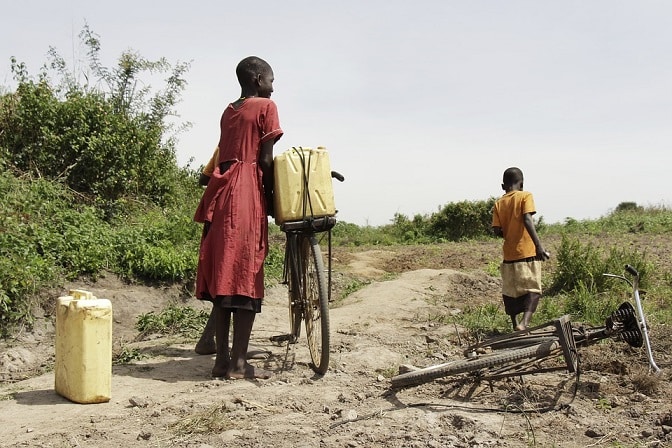A few organizations, including Knorr SA and WWF South Africa, are standing together to highlight the need for dietary diversity in the country. Slowly but surely, South Africa is adopting more plant-based foods as the country’s residents are currently more reliant on starches and meat than vegetables. Amid the coronavirus, the government and medical professionals are urging everybody to keep their health and immune systems in check, which requires following a balanced diet.
Instead of telling people to take supplements or get their annual flu shot, changing up one’s diet is recommended, especially adding more fruits and vegetables to the diet. The two organizations, Knorr SA and WWF South Africa are now working hard to grow more sustainable resources of food, focusing on planting more nutritious types of food to support the agriculture supply chain. At the same time, their initiative supports taking on the ecological, economic, and social challenges that are linked to the production process of food.
Support to Aid in Food and Water Supply in South Africa
The two organizations are motivated to develop a more sustainable food system that will transcend into the future. With their efforts, they plan to support and manage water risk, develop smallholder farmers, as well as tackle impaired agricultural issues that are supposed to support sustainable practices. It will be carried out by supporting smallholder farmers to effectively grow and access food markets that are crucial for agricultural development and of the Northern Drakensberg Water Source Area Partnership, along with plant rehabilitation and invasive clearing in the area. Their strategic plan will focus on the water source area that feds water through transfer schemes, in Gauteng, where many of the partnership’s smallholder farmers can be found. The work implemented by the organizations will also be supported by their partnership with Unilever. For now, Knorr and the WWF SA will raise the profile to aid the need for more dietary diversity and adequate water security to regions that require an adequate water supply.






